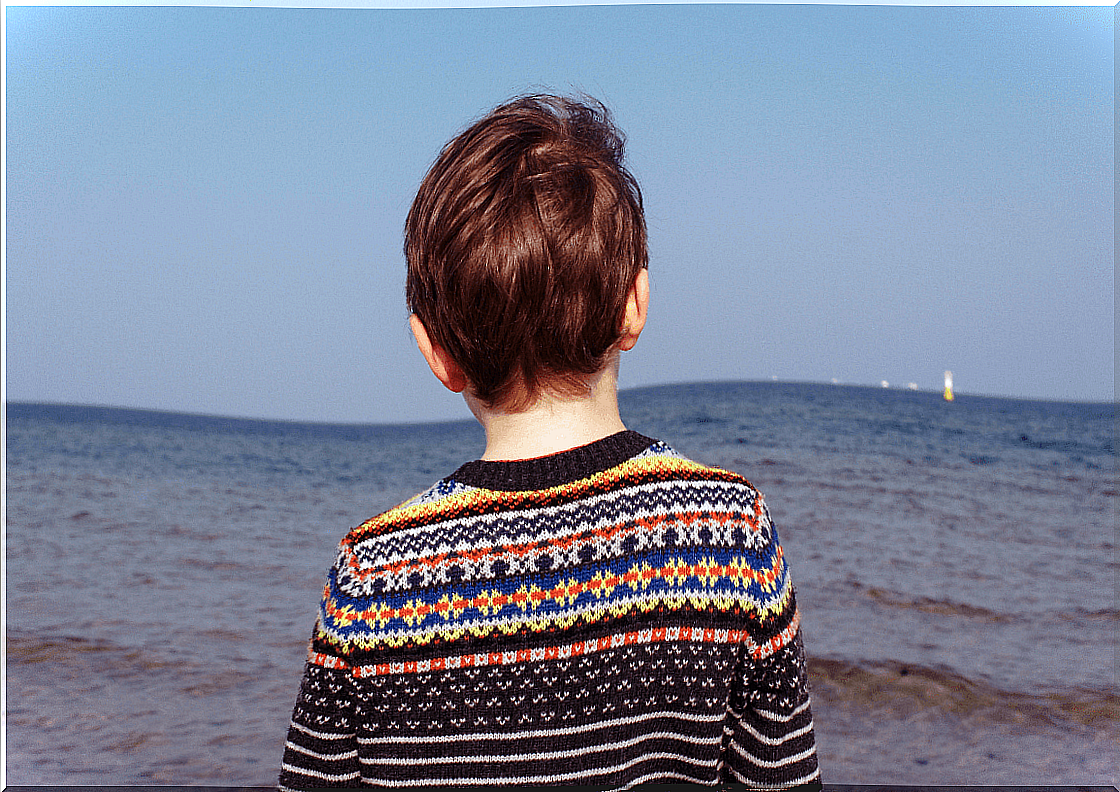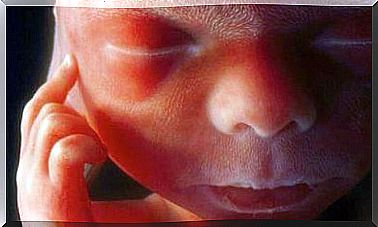How Does Partner Satisfaction Influence Children?

Children realize everything. Anyone who has little ones in their close environment could attest to that. The minors surprise us every day with phrases and “advanced” reasoning that in principle should be unattainable for their age. When they tell us things like this they blow us away.
But they don’t just find out about the things we talk about. They also understand what we think and feel but do not say, at a level that we adults think does not reach and is therefore invisible to them. We talk about many behaviors and dynamics of parents, related to the satisfaction they feel as a couple, and that children capture and interpret in a more or less correct way.
The stable and functional partner
In a couple two people come together, who bring different influences derived from their previous personal stories. This interaction will give rise to a new reality, with operating rules agreed between the two, either explicitly or implicitly.
In addition, there will be a series of behaviors within the couple that will tend to be maintained over time, so that a balance is achieved that can be appropriate and healthy or dysfunctional and unhealthy. But what is going to make a relationship healthy?
In the context of the couple it is very important that each one appreciates the characteristics of the other. The coherence between what we think, say and do is very relevant for the development of communication in the couple. Thus, both people will feel that they share their life with someone they can interpret, as a previous step to living in harmony.
The risk factors of the family environment for the child.
The dynamics of the couple, and the emotional and relational atmosphere that it builds, will have a great influence on the development of children. If it is dysfunctional, it will cause a lack of adaptation of the child to his environment. That is why it is important to establish the main risk factors for the mental health of minors that depend on the state of the relationship between their parents.

In particular, marital disputes are a variable to take into account. The more children perceive hostility between parents, the more likely children are to have symptoms of anxiety and depression. In addition, the risk of their behavior being more aggressive increases.
On the other hand, if parents are not satisfied with the expression of affection in the couple’s environment, children present greater somatic complaints and a greater tendency to internalize conflicts when compared with the children of parents who do feel satisfied.
Protective factors of the family environment for the child
Just as there are aspects of the couple that will negatively influence the development of the child, there are also others that will have the opposite effect. That is, they are going to be a protective variable in your mental and physical health.
Functional and healthy relationships will prevent the presence of psychopathological disorders in children. In fact, it has been shown that the degree of parental satisfaction with the expression of affection in the couple is related to the incidence of these disorders in children.

The greater this satisfaction of the parents in the relationship, the less anxiety and depression the children present. On the other hand, the higher it is in mothers, specifically, the fewer somatic symptoms and psychopathology in general it occurs in children.
Despite the studies that exist in this regard, it is still a difficult field to measure. It becomes difficult to define the extent to which each factor influences the well-being of children. What is clear is that a suitable family environment is essential for the mental and physical health of children.
Images courtesy of Michal Parzuchowski and Natalya Zaristskaya









